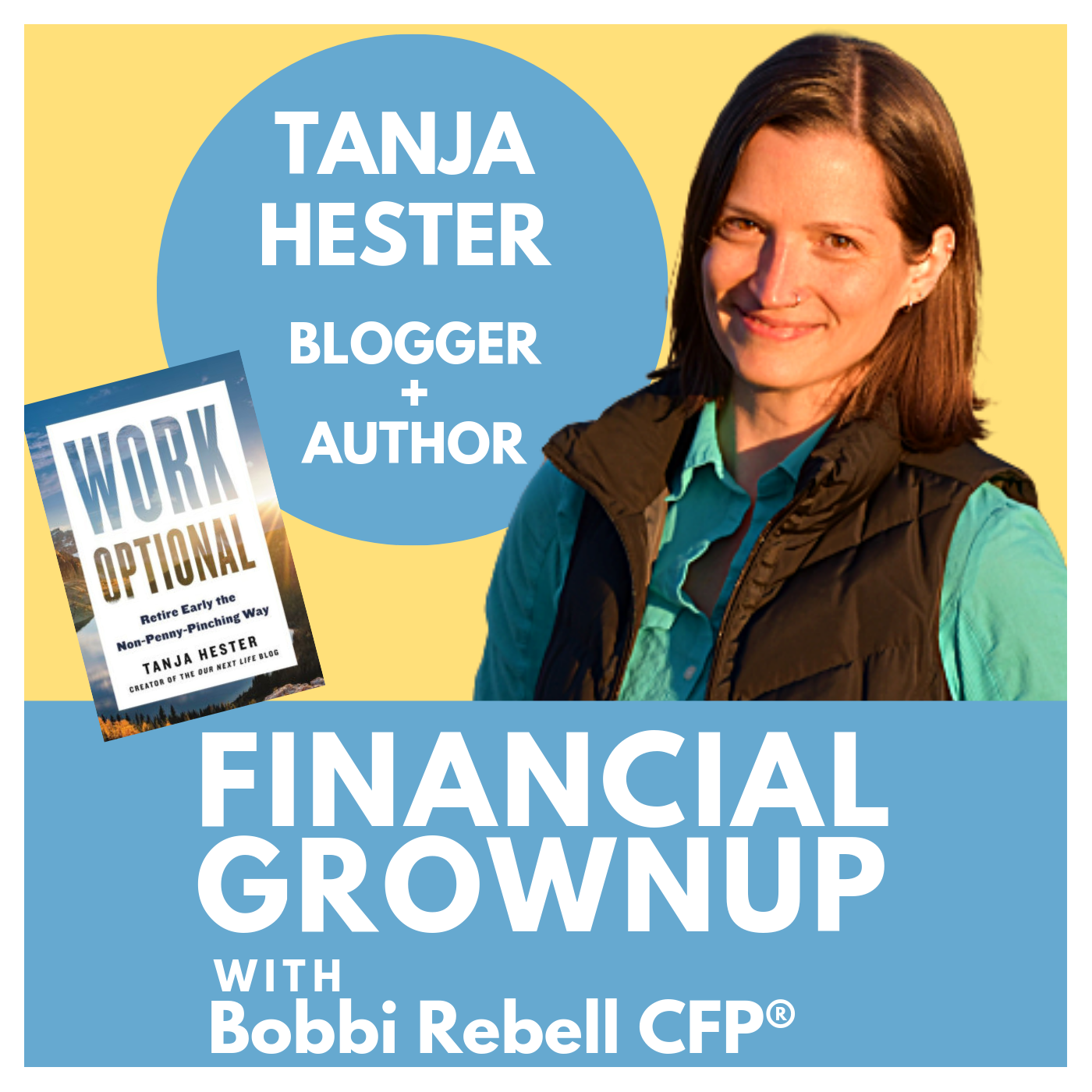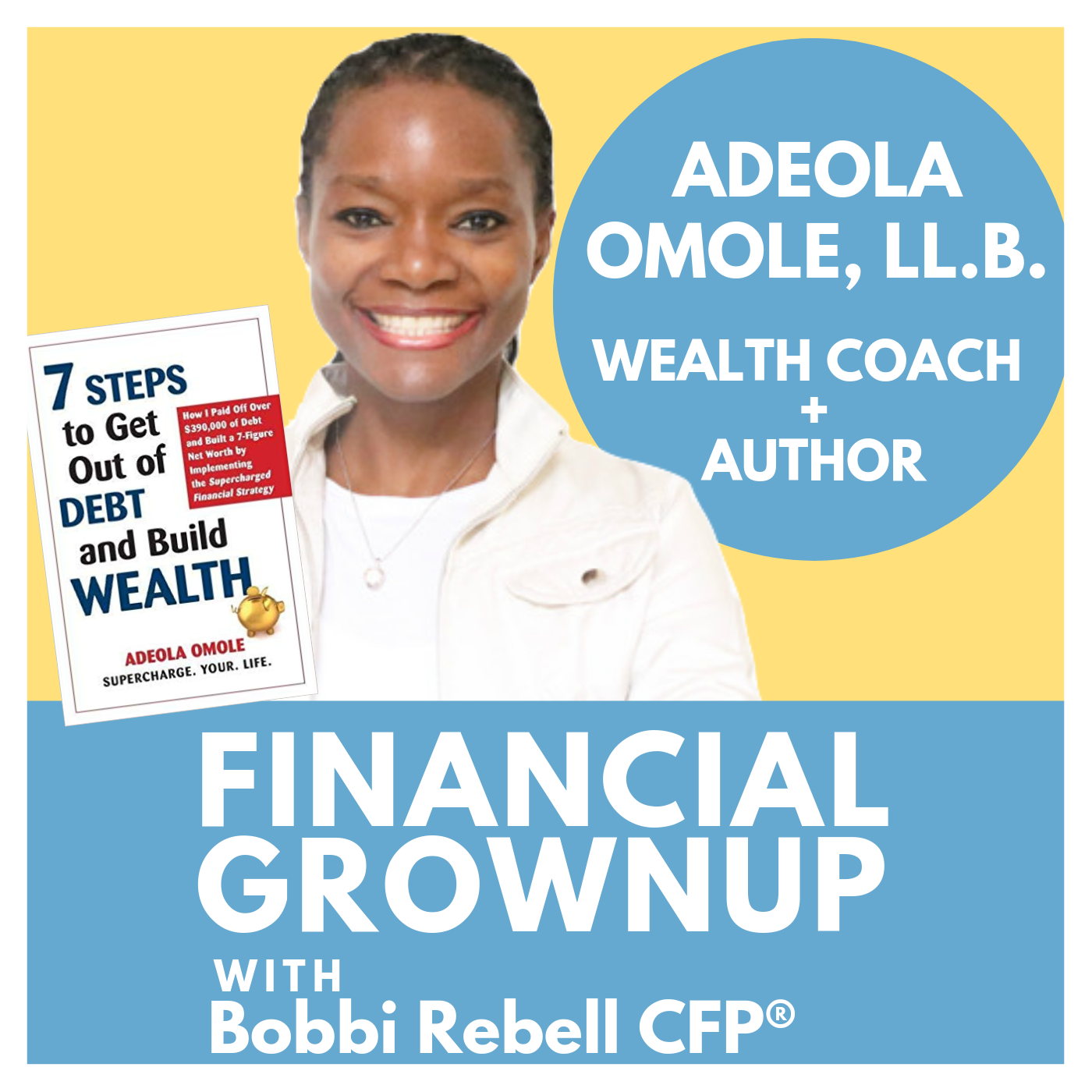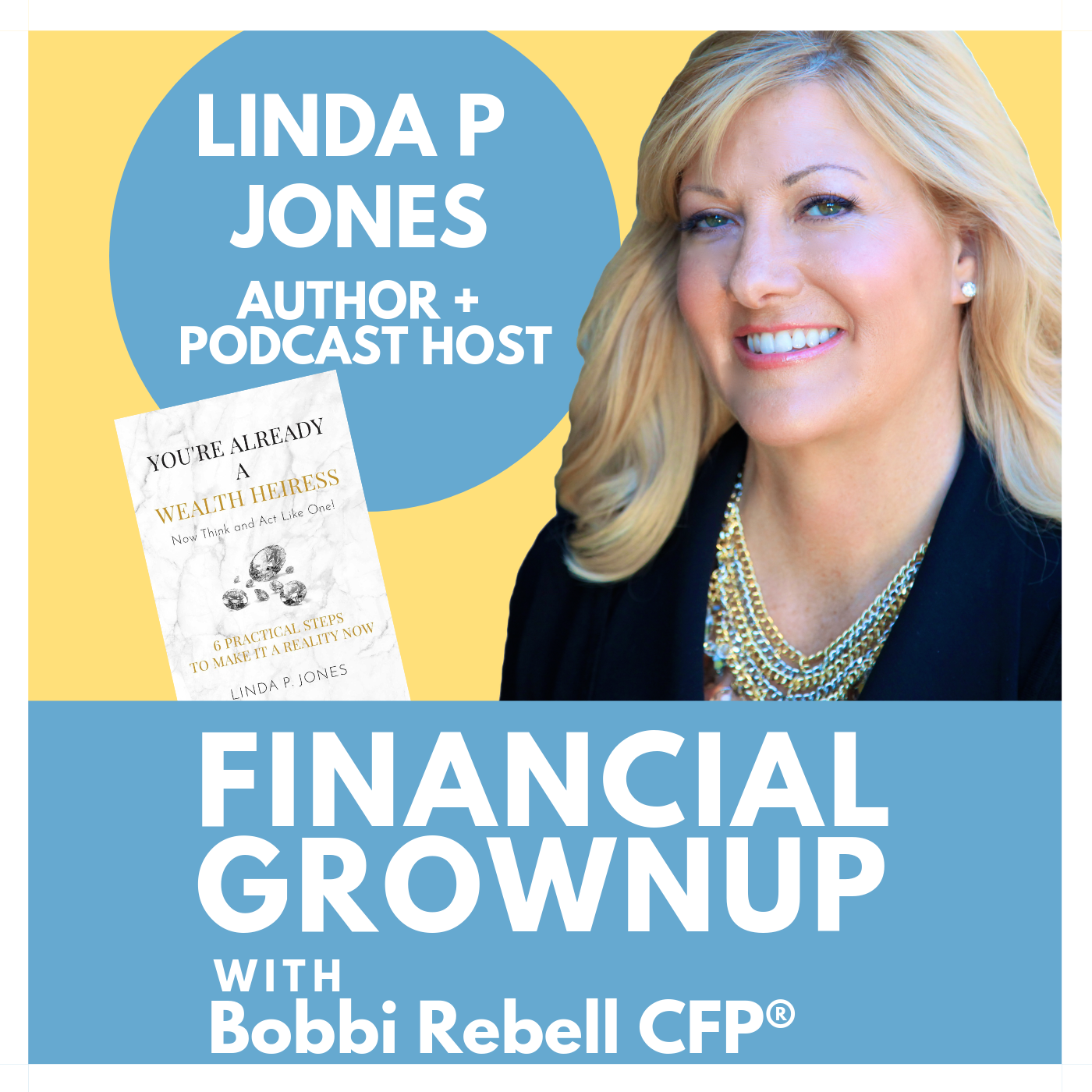Melissa’s Money Story:
I tried to shop this around. It's a vampire series, during the time ... Well, it was the tail end of Twilight, so no publisher wanted another vampire book. So I got a lot of no’s, in which case I was faced with this decision of, what is my dream worth? I want to get this done, so what am I willing to invest in myself? So I created a budget of how much I would spend on, pay a designer to create a cover, to publish it myself, to put it out into the world.
I self-published it, and yes, it turned out, in more ways than one, to be a great, great experience, something that I consider a success in my life. Something that I could check off my bucket list. And I still get the occasional check in the mail, even though I don't do all that much work publicizing it. I did make my money back and then some, and it was basically a great gift that I could give to myself, just in terms of learning that I could build a brand, make money for myself outside of a salary, and take those tools and make more money in another career.
Bobbi Rebell:
Tell us more about the journey. Did you write it first, and then you went to different publishers? How did it actually work? And how did the economics change between, if you had gotten a deal with a traditional publisher versus your own situation where you were self-publishing? What did that actually involve from a business and an economic standpoint, and a marketing standpoint?
Melissa Leong:
I think people don't realize that when you go and you create any product, you are entering into a business. You're your own business. You're your own publisher. I learned so much about being my own marketing department, my own publishing, and quality control, and PR, and that all requires resources, time and money. So yeah, I didn't have a publisher to push my books, but because I was doing everything myself, I had full control, and I had a huge percentage of the cut of sales. A traditional publisher might give you 7% off of the book selling price, but say you publish through Amazon, you get 70%, depending on what you price the book at. That was really rewarding.
Bobbi Rebell:
I realize we were talking about PR for the book. We didn't say what the book title was, and where people can get it. We should say that, right?
Melissa Leong:
Yes. It's still on Amazon. The first book is called What Kills Me, and the second is I Am Forever. It's a teen adventure novel. It's based on a vampire story.


















































